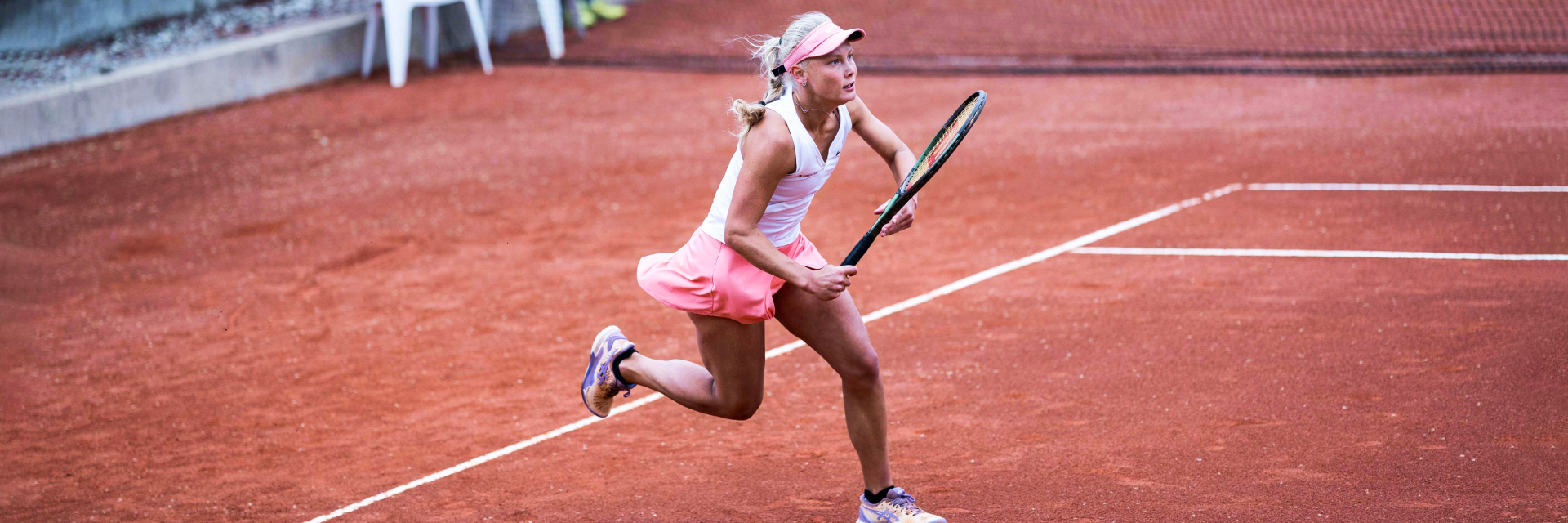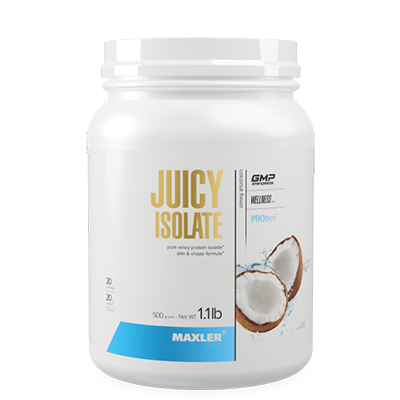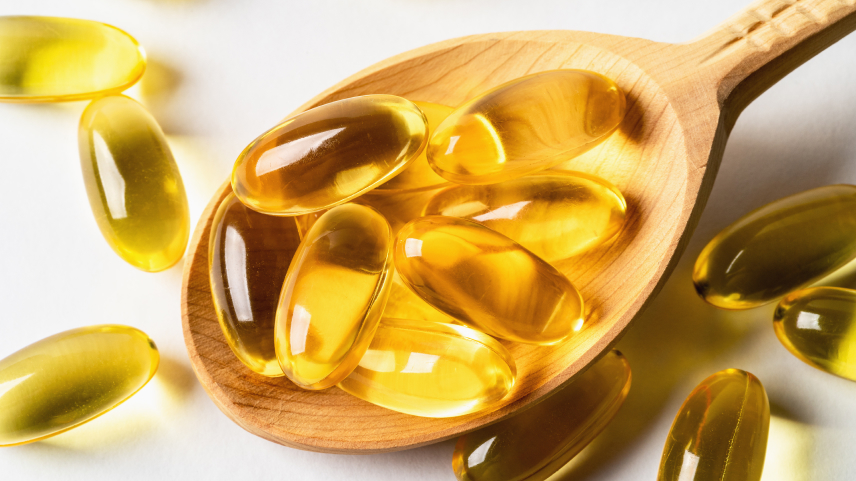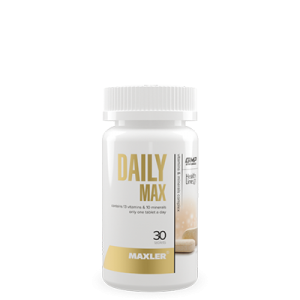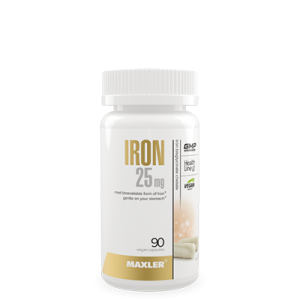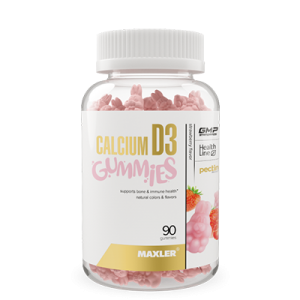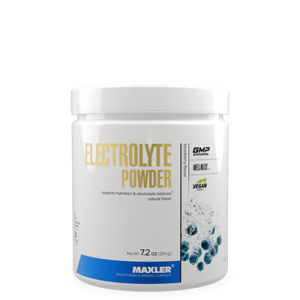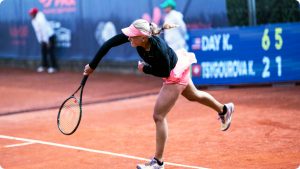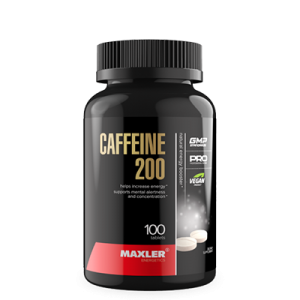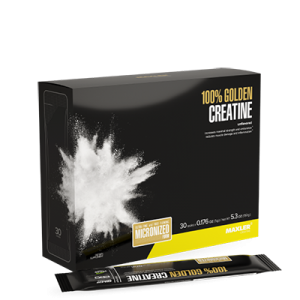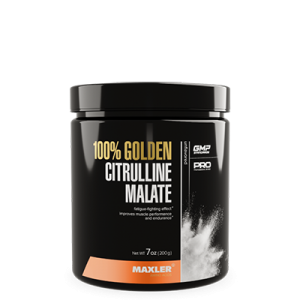Tennis is a fast-paced sport, which alternates periods of high-intensity and low-intensity, and is characterized by repetitive sprints. Each game can last over an hour, and sometimes even more than 5 hours!
It requires a varied skillset, plenty of power, and is energy consuming. The energy required by a tennis player can vary considerably depending on a lot of multiple factors, such as the type of court, style of play, duration of a rally, and the environmental temperature and humidity.
It’s therefore essential to have a great nutritional plan and know when to hydrate.
A tennis player’s nutrition is a balance of carbohydrates, fats, protein, hydration, vitamins, and minerals.
Carbohydrates – replenishing our body’s fuel
Tennis relies on glycogen, an energy form that can easily be accessed by our muscle cells. However, glycogen can run out relatively quickly, so it’s essential to top up with carbohydrates while on court, especially if the match is long. Therefore, proper nutrition for tennis players should account for that.
Glycogen is made from carbohydrates, and when it is broken down, energy is released in the form of ATP. It can then be used up by our cells.
Science suggests that as glycogen stores get depleted during a tennis match, blood glucose drops and limits performance on the court. This may be one of the most common reasons for declined performance.
So, it is important to get enough carbs before matches, during matches, and after matches. If you’re training intensely, for about 4-6 hours a day, aim to get about 6-10 g/kg/day of carbohydrate. The same applies during competitions. If you’re training as normal, you can decrease your intake to about 5-7 g/kg/day.
Carbs should also be consumed before tournaments or training, no later than 45 minutes before a match or a training session. During matches, especially if matches last longer than 2 hours, additional 30-60 g/h of carbohydrate should be consumed. Using carbohydrate gels or sports drinks may be the best options for in-game topping up.
After training, make sure to replenish carbohydrate stores. To do that, foods with a higher glycemic index are preferred, as they have been suggested to cause a higher glycogen resynthesis rate. The glycemic index is a scale from 1 to 100 that measures how quickly each food affects your glucose levels.
Protein – building muscle
Most research suggests consuming around 1.6-1.8 g/kg/day of protein, with extra care taken to consume protein after exercise. For best results, pay particular attention to the quality and type of protein that you get, and try to combine it with other nutrients when possible.
For example, protein combined with a carb source can help in restoring your glycogen faster, so after a match or training, choose a mix of the two for your snack. Try getting about 0.3g/kg of your body weight of protein after training. If your protein is high in leucine, that’s even better, as it promotes muscle building. Sometimes, the best way to do so, is by relying on an athlete’s nutrition supplements, such as protein powders
For a quick and rehydrating protein boost, look no further than Maxler Juicy Isolate. Its clear and thermostable formula allows you to take it on the playing court at any temperature, and its juicy consistency won’t feel heavy right after a workout. Maxler Juicy Isolate packs 20g of protein per serving, with 2g of it being leucine!
Long term energy – fats
Research suggests that a tennis player should get around 30% of their daily calories from fat, which is about 1-1.5g/kg of body weight per day. Fat is important, as our body starts to rely on it for energy during long periods of exercise, such as during a long match or during frequent training sessions.
Fats are important for the normal functioning of our bodies, as they help us absorb vitamins, and produce hormones, however, excess fat doesn’t serve a tennis player, so their intake needs to be monitored.
A special mention may go out to omega 3 fatty acids. As they are involved in cognitive function, and also support overall health in athletes. Therefore, a diet which contains unsaturated fatty acids and nutritional sources with high omega 3 contents, like fish, may be optimal for tennis players. For many, omegas are hard to obtain from foods, so it may be one of the types of fat an athlete supplements.
If you’re not getting enough omega 3, consider supplementing with Maxler Omega 3 Premium soft gel capsules, which contain 650 mg of omega 3 in each serving.
Hydration – staying on the top
Tennis players lose a lot of water, up to about 3% of their body mass with each hour of play, so it’s extremely important to replenish the water that has been lost. Losing as little as 1.5% of body weight in sweat can decrease your performance on the court.
To stay hydrated, make sure to be hydrated before and during a match, as well as quickly rehydrate afterwards.
Start drinking water 4 hours before a match, taking in about 5-7 mL/kg of fluids. If you’re still thirsty and unable to go to the bathroom, up your intake by 3-5 mL/kg should be added.
During the match, remember that your body registers thirst when it’s already too late – you would have lost about 1.5 liters of water before your brain sends you a reminder to drink. Every layover, get at least 200ml of water – if the temperature is above 27oC, or it’s humid, double the amount.
Don’t forget to rehydrate after a match as quickly as possible – you want to take in about 150% of what you lost during the match. Try weighing yourself before and after practice to see how much water you lose through sweat.
Another thing to pay attention to is minerals – sweat contains minerals, such as sodium and chloride, which need to be replenished. Sodium is especially important – it helps to prevent muscle cramps, as sodium helps our muscles contract. It can also boost skill performance, like groundstroke.
Including minerals in the form of electrolytes and carbohydrates in your drinks will help you absorb water better while also providing your body with the minerals and energy it needs to continue playing.
Therefore, for optimal hydration, drink before you’re thirsty and drink enough electrolytes to replenish minerals lost with sweat.
Key vitamins and minerals for tennis
For optimal tennis performance and overall health, it is important for tennis players to get enough vitamins and minerals. The following have been suggested to benefit tennis players:
- Multivitamins – getting enough vitamins and minerals is important, so if you feel like you’re not getting the right amounts of vitamins and minerals, consider taking a multivitamin. Multivitamins like Maxler Daily Max contain 13 vitamins and 10 minerals, including folic acid and magnesium, which especially young tennis players may not get enough of.
- Iron – Iron is a key mineral, as it is used for oxygen transport in red blood cells. Low iron levels can make you feel more tired, and are especially a concern for women. If you’re running low on iron, consider Maxler Iron 25 mg, which provides iron in the most bioavailable form while being gentle on your stomach.
- Calcium – Calcium plays a variety of roles in our body, from keeping our bones healthy, to helping our muscles contract. We lose calcium with sweat, so it’s important for every tennis player, especially young players and women to get enough of it.
- Potassium – potassium is also a key mineral lost with sweat. It helps us regulate our water balance, digestion, and the nervous system. Maxler Electrolyte Powder comes in easy to use sachets, packing 30% of your daily potassium needs in one drink. It also contains magnesium, calcium, chloride, and sodium – a flavorful way to replenish your minerals.
Supplements for those who play tennis
Supplements in tennis are especially useful for preventing and minimizing tiredness during a game. The most popular supplements are creatine, caffeine, and citrulline.
Caffeine, a stimulant, helps to feel less tired during the game and keep the speed of serves consistent. Take about 3mg/kg of bodyweight of caffeine an hour before a game and topped up each hour by another dose of 1mg/kg. Don’t take more than 9mg/kg in total however, as that makes side effects like nausea, insomnia, and restlessness more likely. If you’re not a fan of coffee, try Maxler Caffeine 200, with 200 mg of caffeine in each tab.
Creatine is often used for high-intensity exercise, and sports that alternate intensities. Creatine is an amino acid, and is required to quickly make phosphocreatine, which helps to regenerate ATP, the energy transporters of our cells. Creatine can also be helpful in increasing muscle mass. If you’re considering creatine supplementation, look no further than Maxler 100% Golden Creatine, which provides 5g of creatine per serving.
Citrulline affects aerobic endurance, which means that you can do better and longer endurance workouts (running, swimming, etc.) by improving blood flow, which delivers oxygen to the working muscles. Consider giving Maxler 100% Golden Citrulline Malate, which packs 5g of L-citrulline malate per serving, a try to improve your endurance.
Beta-alanine is used to create carnosine, which helps to reduce accumulation of lactic acid in the muscles. This helps to reduce fatigue. Consider giving Maxler Beta Alanine Powder, which packs 5g of beta-alanine per serving, a try to improve your endurance.
Many tennis players will be concerned with developing tennis elbow. Some may look for supplements to help tennis elbow. Currently, it is hard to tell what is the best supplement for tennis elbow.
Some people may recommend collagen supplements for tennis elbow. These may theoretically work, as tennis elbow is an overuse injury of the elbow joint. However, it appears as though there’s been limited research into whether collagen can actually help with this condition. Collagen injections may be of use, but little is known about collagen supplements. Therefore, the best course of action may be to consult with a physician rather than relying on supplements for tennis elbow.
Overall, make sure that you’re getting enough carbohydrate and micronutrients, while ensuring that you’re hydrating properly. If you’re looking to keep yourself in top shape as you enjoy tennis, or if you’re interested in reducing fatigue during a match, Maxler has a range of products to ensure you’re performing your best – on the court and off it.
